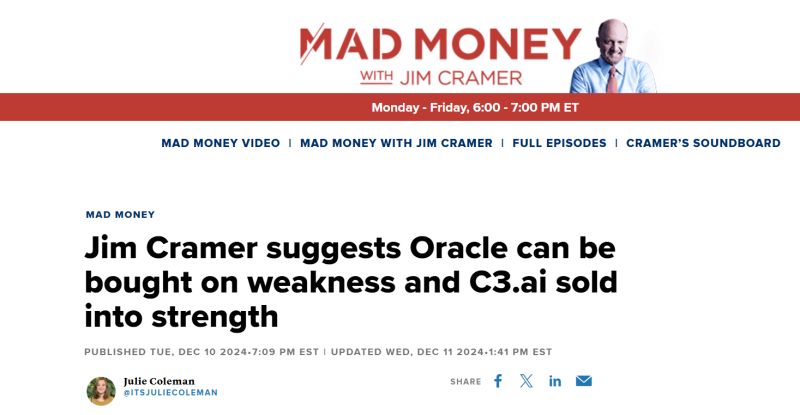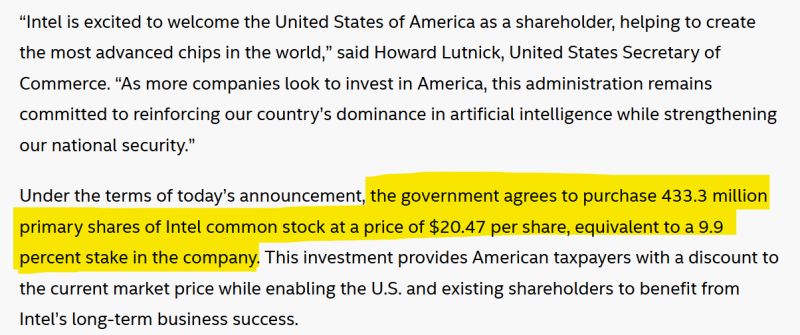The Federal Reserve’s blackout period begins today, silencing FOMC officials until after their July 29-30 FOMC meeting. No speeches, no interviews — just radio silence as markets wait for the next policy decision.
As a tradition, this is as quaint as it gets.
And is in stark contrast to the barrage of tweets from the White House.
So yeah, in the showdown between the “Too Slow” Vs. “Data-dependent” schools of thought, much has been made of Powell’s supposed resistance to political pressure — particularly from Trump.
He has been cast as the lone hand pushing back against a belligerent White House.
But is Powell truly the independent steward of monetary policy that he has often portrayed himself to be? Or is the idea of an independent central bank more fragile than we admit?
The premise — that Powell is apolitical — does not pass a simple fact-check
Take 2019: an election year with President Trump relentlessly pressuring the Fed to cut rates. Despite a relatively stable macro environment, Powell delivered 75 bps of cuts, branding them as a — nebulous sounding — “mid-cycle adjustment.” In an election year, that looked more like a tactical concession.
Cut to 2024 — another election year, another administration. The Fed kicked off with a chunky 50 bps cut, front-loading the easing cycle even as inflation risks lingered. This time, the political beneficiary was a Democratic White House.
To be clear, this isn’t only about Powell’s acts during election years.
With the rare exceptions of Paul Volker (1984) (who hiked aggressively to crush inflation) and William Martin (1960) (who tightened the US into a recession, possibly costing Nixon the election; have a look at the excerpt — see image — from Sebastian Mallaby’s book “The Man Who Knew: The Life and Times of Alan Greenspan” and you will understand that Martin may have even been physically intimidated by the President Johnson!), all past Fed Chairs had also cut rates during an election year.
Definite patterns like these suggest that central bankers, while nominally independent, often act with a keen eye on political timing.
To be clear again, this is not about partisanship — Powell’s actions appear politically symmetrical and not anchored to any ideology.
But that symmetry itself reinforces the point: independence, in practice, is conditional.
Central banks do not operate in vacuums or only within the ambit of a monetary policy — they operate within political, monetary, and fiscal realities.
The narrative of the lone, data-dependent policymaker is tidy.
But the reality?
Its bops you right on your face during an election year.
And looking ahead — with grim humour — the next Fed Chair may not even need to posture as “independent.”
The next Fed chair’s job description might well be reduced to something simple:
“On ye rests the duty to cut the Fed rate to a big, beautiful ZERO — and keep it there until we have a handle over our IOUs.
Thank you for your attention to this matter”



